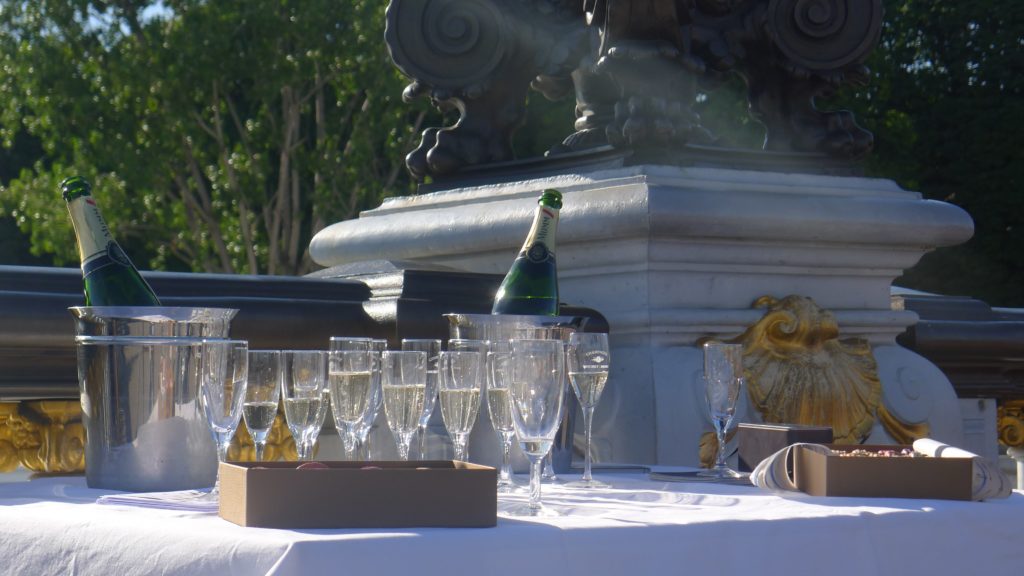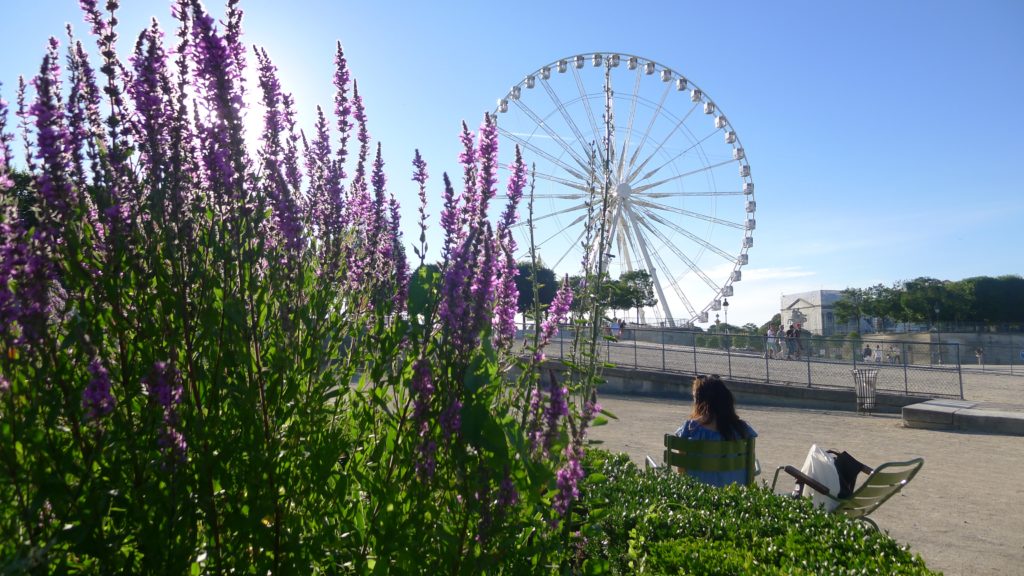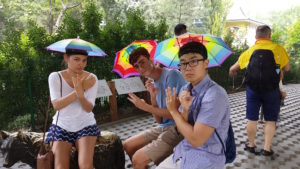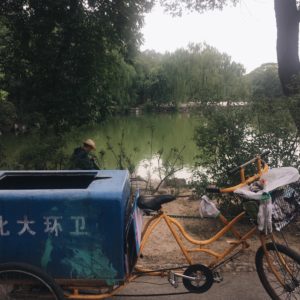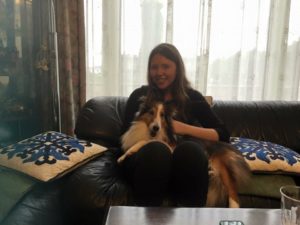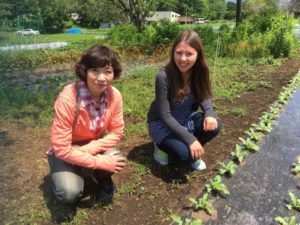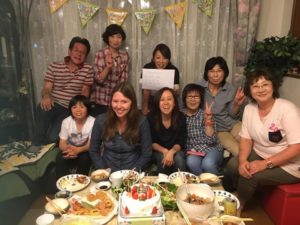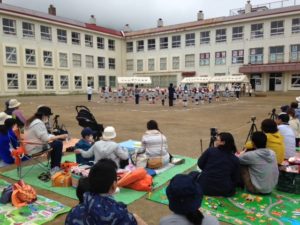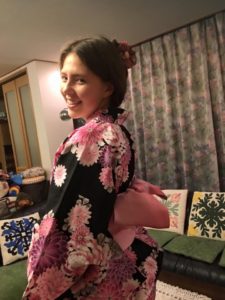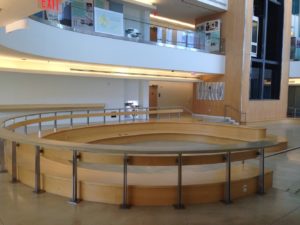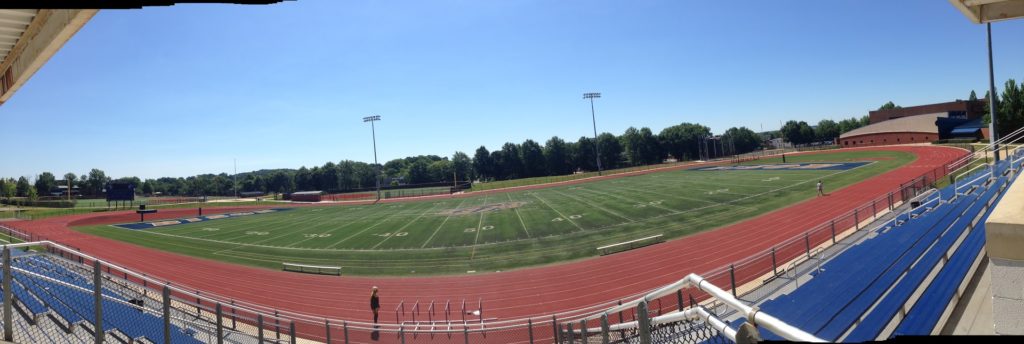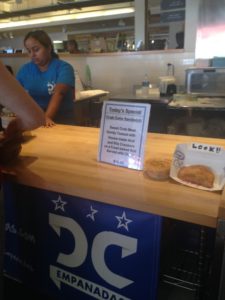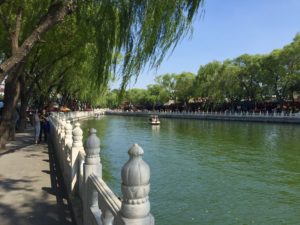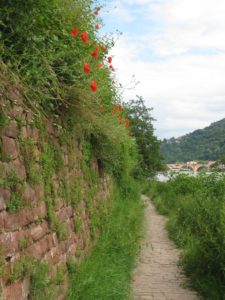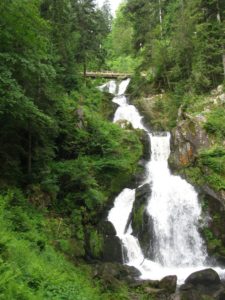It was raining heavily in Paris as I typed down these words. Roughly two weeks here has taught me before all a lesson about its weather, that it rarely pours even with the gloomiest sky. Yet this time it seems that the Parisian sky has finally made up its mind. The familiar nine-o’clock sunshine at dusk entirely disappeared. So had the French aspiration for the European Championship 2016. Aside from my refreshing French courses at CCFS, the most impressive thing that I have witnessed so far is the evident passion for soccer more or less unique to Europeans. I remember the amazement when I found bars and cafés that are usually closed for Sundays were mostly open for the UEFA final. Nowhere near a soccer fan, I was still able to learn each tiny progression of the match by just listening to the shouts outside my window.
My first week of courses has been truly inspiring. Instead of making huge progress in my French, however, the most salient lesson that I have received so far is about “assumption.” On the very first day, I came to realize how many of my classmates are not “students” – more specifically undergraduate students as myself. Instead, I have as my classmates a really interesting group of people. From graduate students to housewives and even to an elegant senior lady, our class was much more diverse in composition than I could have imagined. A strange feeling arose that I have finally stepped into the real society. As I wrote in my application that I hope to broaden my horizon on this trip, this class itself has been indeed a precious opportunity. Through my classmates I gradually perceive how French language could have such a great variety of meanings for different individuals. In addition to the relatively ordinary functions as a tool for work or studies, several of my classmates have also chosen French out of pure fondness or to further their communication with their French family.
While assuming beforehand that all my classmates would be students as I am make rather trivial impact on my class life, another assumption that I share with my classmates seems to be much more influential. Except for one or two of my classmates, the entire class could be seen as largely anglophones. Most of us are either native English speakers or have considerable proficiency as international students and employees. Thus the problem emerges. Even our instructor tends to directly give English translation of certain new vocabulary from time to time, not to mention ourselves, who are always trying to find equivalents between French and English. Yet I still sense some uncomfortableness in using such a convenient learning method. As we make acquiring French vocabulary into some sort of matching game with English, we subconsciously deny at least part of the independence of the French language. As we struggles to pair the nuances between “soul/spirit” and “âme/esprit” over almost half an hour, we cannot avoid forcing nonexistent relationships into the two languages while also slightly wasting time. One of the best habit that all my French professors at Notre Dame have tried to establish in students is to use French-French dictionaries. I could not fully appreciate that requirement until now. While none of my classmates nor me would willfully force English into French, I finally came to understand how learning French by French is not only beneficial for our progress but also renders the language even more dignity and integrity.
As my French listening has started to progress little by little, I discovered with amazement how I could roughly comprehend people chatting on the metro or in the restaurants. More than before I felt closer to a local. Still I could not resist the temptation to travel around Paris as a tourist. Strolling by the Seine and taking Roue de Paris, I still feel the same amazement when I first saw Paris years ago. In the pleasant evening breeze, the city is indeed the greatest gift for my summer.
